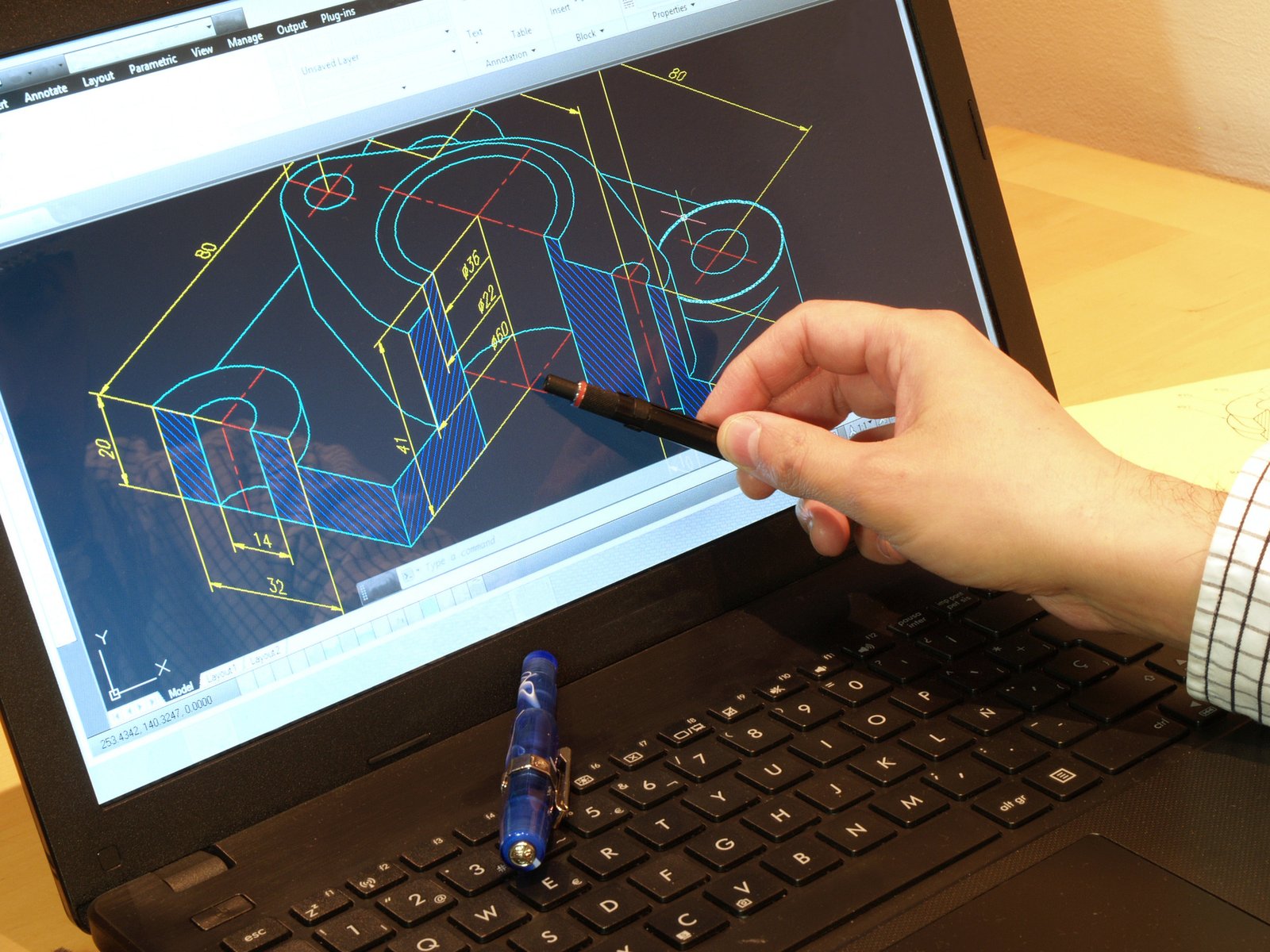Are you ready to hand over your facial information to a private company without knowing how it will be used? That’s the question on everyone’s mind as Clearview AI announces its plan to grow its facial recognition database from 3 billion images to 100 billion within a year. This new development has raised concerns about privacy and security, leaving many wondering whether this is the start of a slippery slope toward an Orwellian future. Join us as we explore what this means for our digital identity and safety in the age of Big Data.
Clearview AI is a facial recognition software company that has access to over 100 billion photos of people’s faces
Clearview AI is a facial recognition software company that has access to over 100 billion photos of people’s faces. The company has informed investors that it is on its way to having 100B facial photos in its database within a year, growing from 3B images to 10B since early 2019. The company also said it planned to create a “global search engine” for faces by the end of 2020.
The company has been growing rapidly, increasing its database from 3 billion to 10 billion images in just a year
Clearview AI, the facial recognition startup that has drawn scrutiny for scraping billions of photos from the internet without people’s permission, says it is on track to have more than 10 billion images in its database by early next year.
That would be a major increase from the 3 billion images the company had as of early this year when Clearview was last estimated to be growing at about 1 billion new images per month.
“It’s going to change law enforcement as we know it,” said Hoan Ton-That, Clearview’s founder and chief executive. “It will change how we solve crimes.”
law enforcement agencies in the United States and Canada have been using Clearview to run sketches of unidentified suspects through its database in an attempt to find matches. The company says its software has been used in more than 2,000 cases to help identify perpetrators of serious crimes such as murder, child sexual abuse, and terrorism.
While the company has received criticism for its privacy implications, it continues to be used by law enforcement and private companies alike
Clearview AI, the startup that has drawn scrutiny for scraping billions of photos from social media and building a massive facial-recognition database, now says it has collected more than three billion images and is on track to have more than 12 billion by early next year.
The company made the disclosure in a private investor presentation reviewed by The Washington Post, which showed that its photo trove has been growing much faster than previously reported. The new numbers underscore how Clearview’s technology while controversial continues to spread quietly throughout the law enforcement and private sectors.
Founded in 2016, Clearview says its app can match someone’s photo with public images of their face to help find their name, social media profiles, and other personal information. It has gathered more than three billion images from sites such as Facebook, YouTube, and Venmo by “scraping” them without permission, The Post reported last year.
The company has said its app is used by more than 600 law enforcement agencies, including the FBI and ICE. But it also has sold access to hundreds of companies in fields such as construction, retail, and finance raising alarms among privacy advocates who say its use could allow businesses to secretly track employees or customers without their knowledge.
Clearview did not respond to requests for comment about its investor presentation. In a statement last week, the company said it complies with all laws governing the use of facial recognition technology and “t
Clearview AI is now looking to expand its business even further, with plans to add more facial recognition features and products
Clearview AI, the company behind the controversial facial recognition app, is now looking to expand its business even further. According to a recent blog post, the company plans to add more facial recognition features and products in the near future.
This move comes as Clearview AI continues to face criticism over its data collection practices. The company has been accused of scraping billions of images from social media and other online sources without users’ consent.
Clearview ai
Conclusion
In a recent blog article, Clearview AI informed investors that it is on track to have B facial photos in its database within a year. This growth from B images to B is a significant increase and will allow the company to provide even more accurate results when users search for someone using a photo.
While this news will likely be welcomed by those who use Clearview AI’s services, it may also cause some privacy concerns. After all, with such a large database of facial images, the company will have an immense amount of data on people – something that could be abused if not handled correctly.
Nonetheless, it appears that Clearview AI is continuing to grow at a rapid pace, and this latest development underscores that fact. It will be interesting to see how the company develops over the next year and beyond as it continues to expand its database.


















